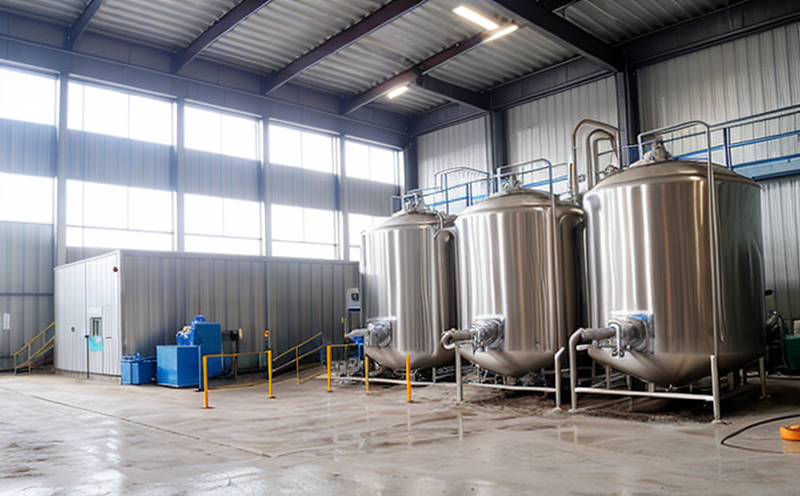ISO 7899-2 Enterococci Test in Process Water
The ISO 7899-2 standard provides a method to determine the presence and concentration of enterococci in process water. This test is crucial for industries that rely on high-quality water to ensure product safety, compliance with environmental regulations, and operational efficiency.
Enterococci are Gram-positive lactic acid bacteria belonging to the genus Enterococcus. They are commonly found in soil, water, and the gastrointestinal tracts of humans and animals. In industrial processes, enterococci can pose significant risks if present in unacceptable concentrations:
- Potential contamination of products leading to recalls and reputational damage.
- Health hazards for employees or consumers who come into contact with contaminated water.
- Legal and financial penalties resulting from non-compliance with international standards and local regulations.
The ISO 7899-2 test involves several steps, including sample collection, preliminary incubation, selective enrichment, and final identification. It is essential to follow strict protocols to ensure accurate results:
- Sample Collection: Samples should be collected from the source of process water using sterile containers.
- Preliminary Incubation: The samples are incubated under controlled conditions to enhance bacterial growth.
- Selective Enrichment: A selective medium is used to isolate enterococci from other microorganisms.
- Final Identification: Techniques such as biochemical tests or molecular methods (PCR) are employed to identify the species of enterococci present.
The test results provide quantitative data, expressed as colony-forming units per liter (CFU/L). Compliance with acceptable limits ensures the reliability and safety of the process water. This information is invaluable for quality managers looking to maintain high standards in their industrial processes.
Given its importance, this test has been widely adopted by industries such as pharmaceuticals, food & beverage, and chemical manufacturing. By adhering to ISO 7899-2, these organizations can ensure that their water meets the highest purity standards necessary for safe production. This not only protects the environment but also helps in maintaining a sustainable business model.
The process of testing enterococci in industrial process water is critical for several reasons:
- Product Integrity: Ensures that no contamination occurs during the manufacturing process, safeguarding product quality and safety.
- Employee Safety: Reduces the risk of health issues among workers who may come into contact with contaminated water.
- Regulatory Compliance: Helps organizations avoid penalties by ensuring adherence to international standards like ISO 7899-2.
- Sustainability: By maintaining high-quality water, industries contribute positively to environmental sustainability.
In conclusion, the ISO 7899-2 Enterococci Test in Process Water is a vital component of quality assurance and compliance management. It ensures that industrial processes operate efficiently while minimizing risks associated with microbial contamination.





